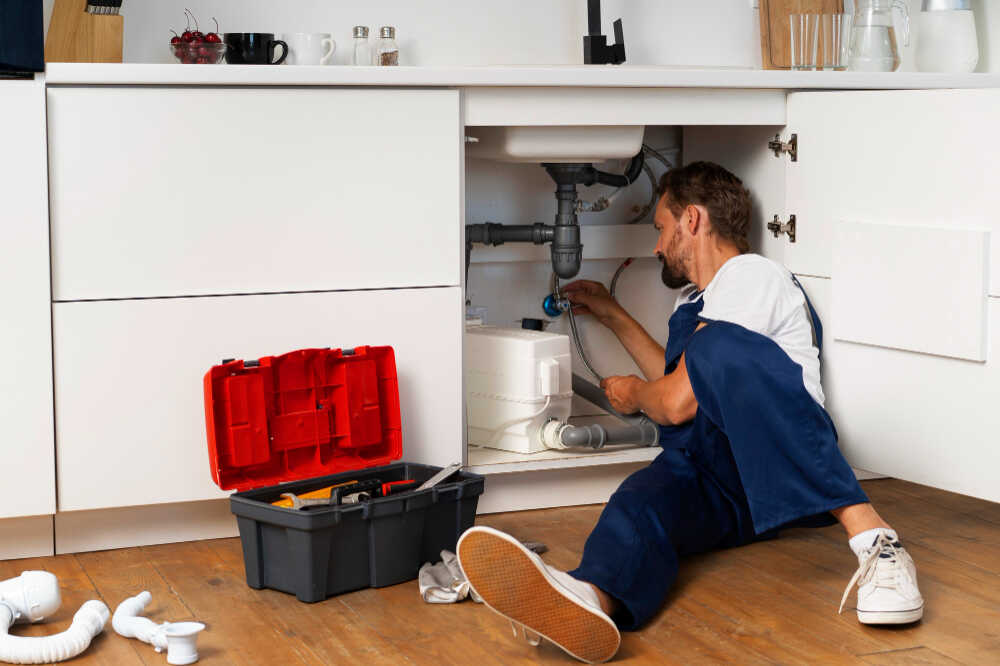Plumbing problems can be a big burden for a homeowner. A leaky faucet or a clogged drain can escalate quickly into a costly repair if left unchecked. Knowing how to prevent these common plumbing problems saves you money and ensures your home's smooth functioning. In this blog, we'll explore some frequent plumbing issues and practical tips on how to prevent them.
1. Clogged drains
Clogged drains are one of the most common plumbing problems homeowners face. Whether it's a sink, shower, or toilet, the inconvenience is undeniable. The culprits? Hair, soap scum, food particles and even grease buildup in kitchen drains.
Prevention tips:
- Use drain strainers: Place these over drains to catch debris like hair and food particles before they can cause blockages.
- Avoid pouring grease down the drain: Rather, gather it into a container and discard it in the trash.
- Regular cleaning: Monthly cleaning with a mixture of baking soda and vinegar can keep drains flowing smoothly.
If you constantly experience clogged drains, it might be time to call us to inspect your plumbing system.
2. Leaky faucets
A leaky faucet may seem minor, but over time, it can waste significant water and increase your utility bills. This issue often stems from worn-out washers or seals inside the faucet.
Prevention tips:
- Regular maintenance: Check your faucets periodically for any signs of wear and tear.
- Replace washers: If you notice a drip, change the washer or O-ring right away to avoid more significant issues.
Preventing leaky faucets is essential for water conservation, but if you're unsure how to fix them, contacting us ensures the problem doesn't spiral into a bigger one.
3. Low Water Pressure
Few things are more frustrating than taking a shower under a weak stream of water. Low water pressure often results from mineral buildup in pipes or problems with the main water line.
Prevention tips:
- Clean faucet aerators: Mineral buildup can block the water flow, so clean these regularly with a mixture of vinegar and water.
- Check your water pressure: If it seems unusually low, it may indicate a more significant issue with your plumbing.
For persistent low water pressure, it is best to hire a professional contractor to evaluate the cause and provide long-term solutions.
Plumbing issues are unavoidable but regular maintenance and can prevent smaller problems from turning into expensive repairs. However, some problems require expert attention. If you're facing persistent plumbing issues, it's best to contact a civil contractor who can provide professional solutions and ensure your home's plumbing system stays in top shape.

